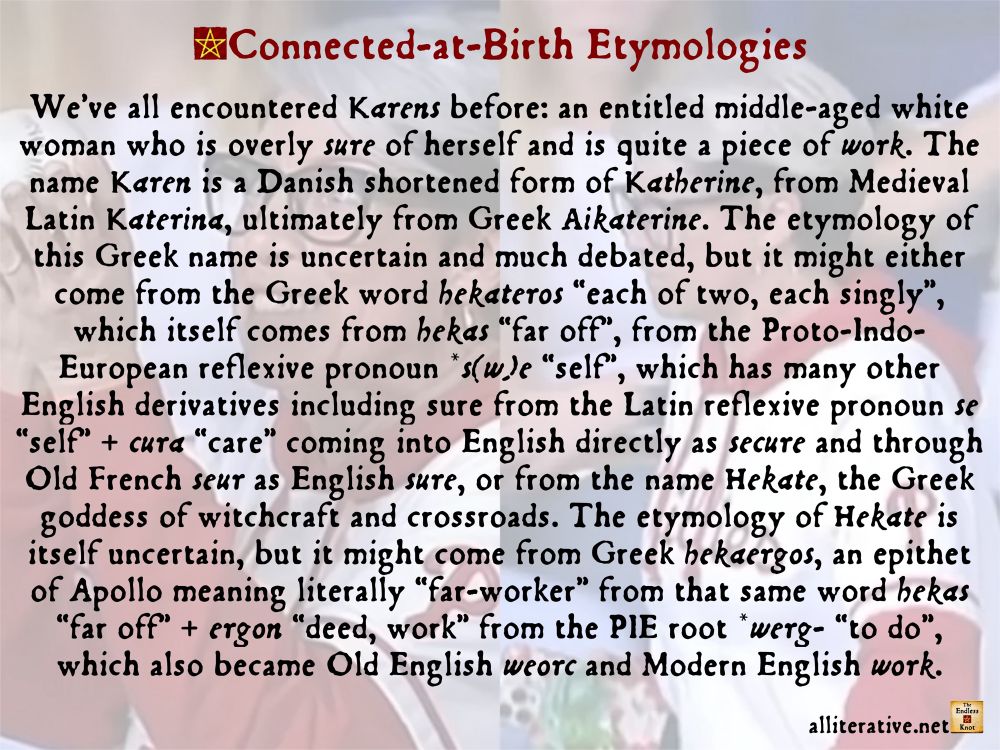Mark Sundaram
@alliterative.bsky.social
1.6K followers
240 following
950 posts
Interdisciplinarian, historical linguist, philologist, medievalist; I make videos & podcasts about words, history, and literature. Married to @AvenSarah.
Posts
Media
Videos
Starter Packs












